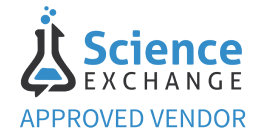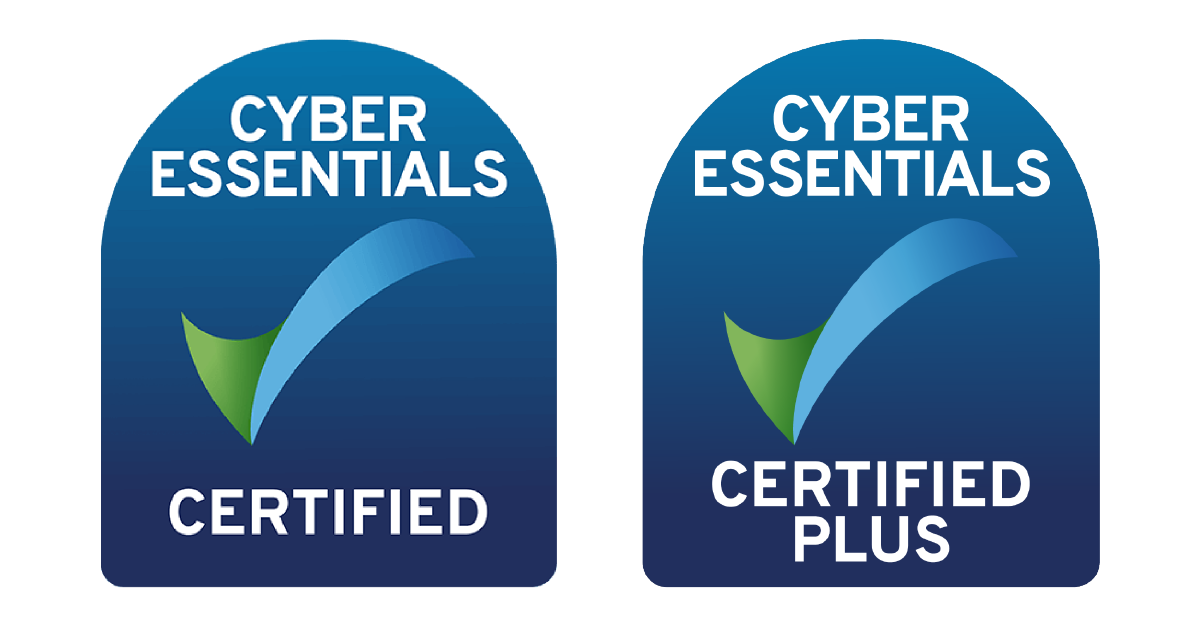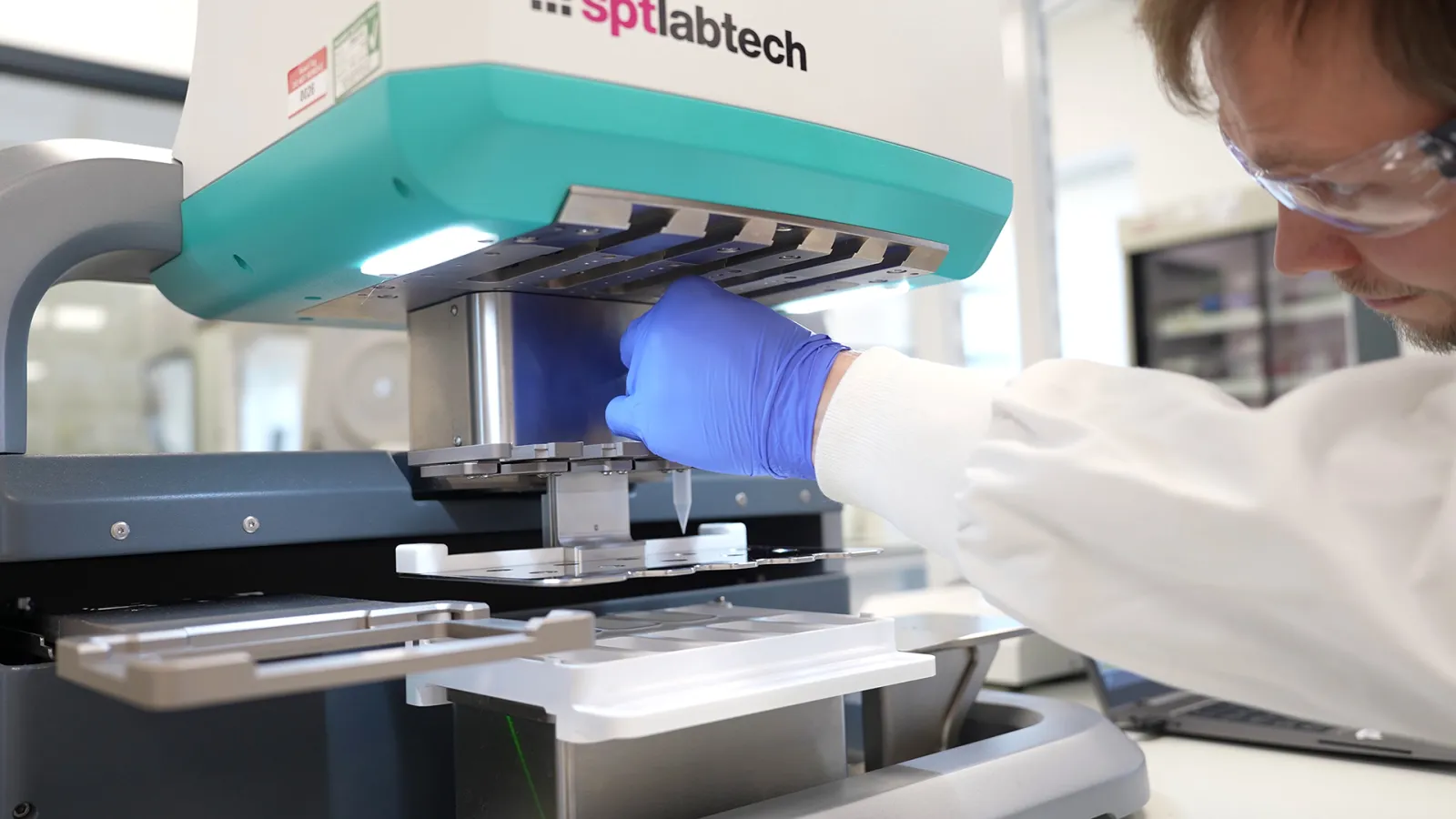
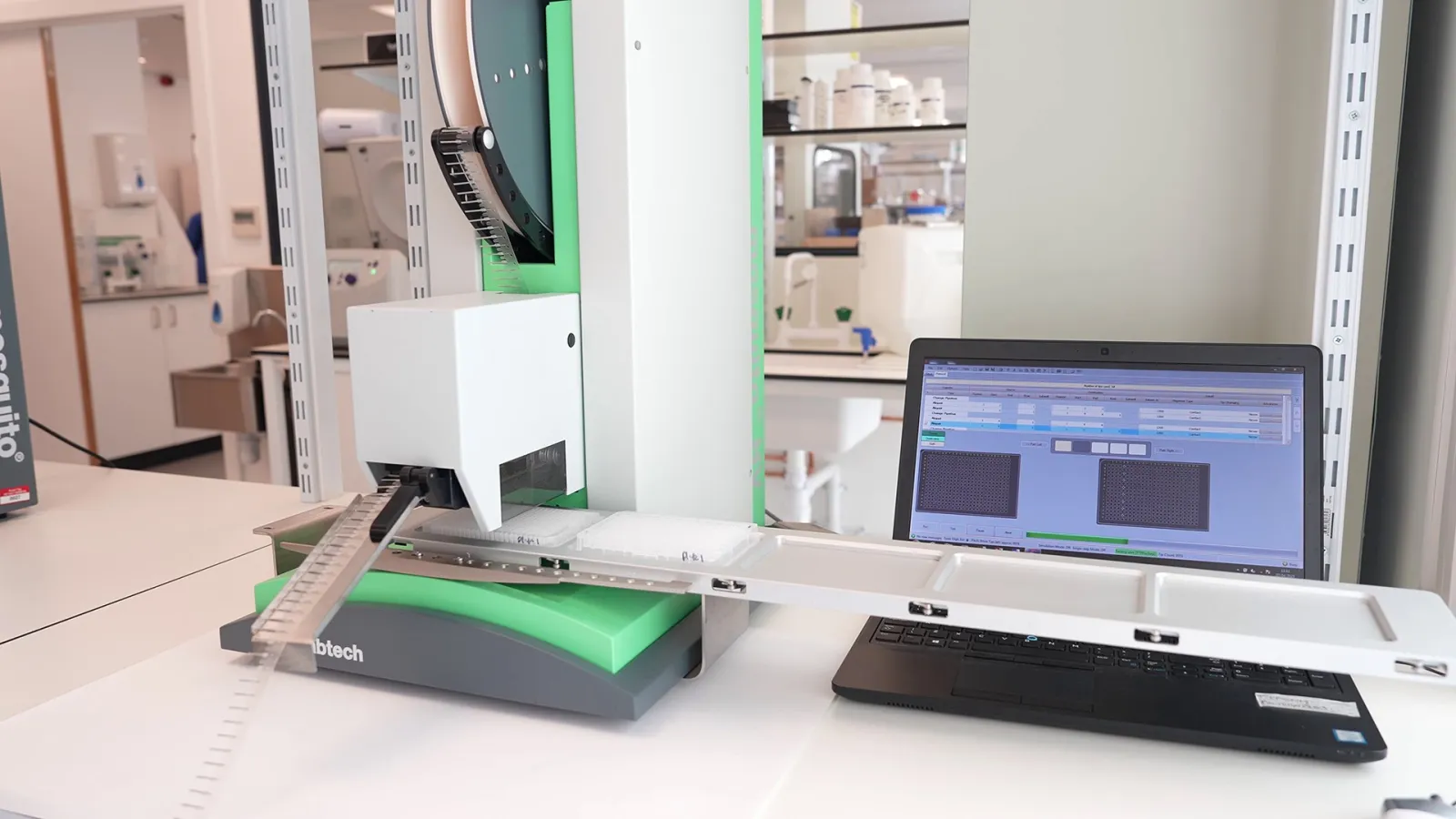
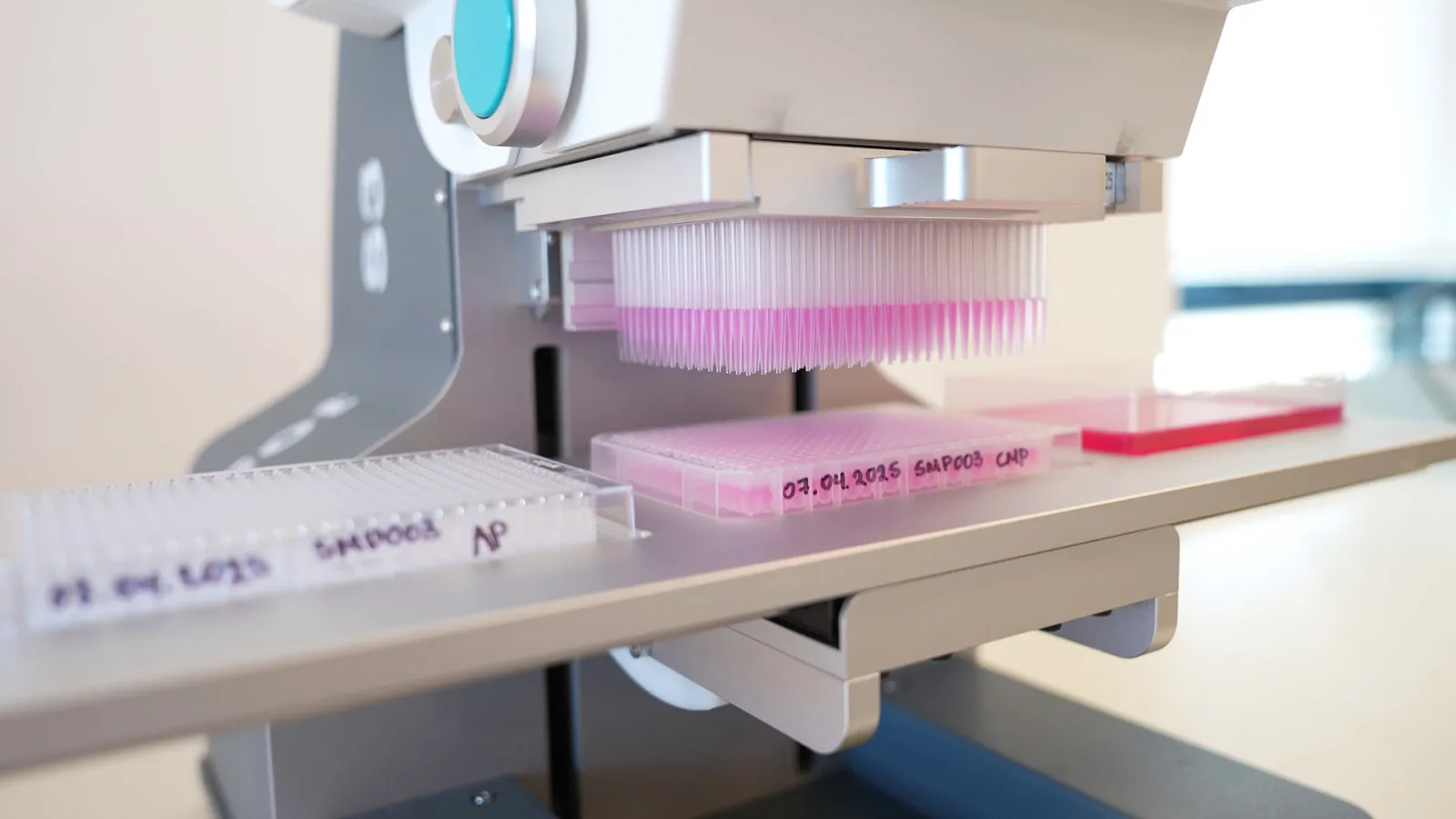
Screening & Assay Development
Screening Development of robust assays for screening is pivotal in drug discovery, providing the foundation for identifying and validating potential therapeutic candidates.
Excellerate offers comprehensive support in Screening and Assay Development, providing carefully tailored assay solutions to address your specific research requirements. We partner with you from initial project planning through to data reporting, ensuring robust, reliable, and actionable results.
Our Capabilities
Screening & Assay Development
Project Initiation
Following our Initial Consultations, we focus on understanding your project goals, target biology, and desired outcomes.
Our team evaluates key considerations, such as assay suitability, reagents, relevant controls, counter screens, target specificity, and required assay sensitivity, to design a tailored assay development and screening strategy.
It is a strength of Excellerate’s approach to provide due diligence and scientific support in best navigating the route to generation of robust and predictive assays in an efficient manner. Our team is highly experienced, with a diverse background in academia, biotech and the pharmaceutical industry, with a proven track-record of supporting rapid project progression, all to industry standards and beyond.
Key elements:
- Addressing primary objectives of your project.
- Target specificity/sensitivity – consideration of assay approach.
- Challenges or constraints we should consider.
- Bespoke reagent generation (cell lines, membrane preparations, recombinant proteins, tagged- ligands)
- Licenses (cell lines) and legal considerations (patents/IP)
Assay Development & Optimization
We offer the highest standards and flexibility for in vitro pharmacology assay development, execution, and in pharmacological analysis.
Regardless of assay type (e.g. phenotypic, biochemical, recombinant protein), plate format (e.g. 96- to 1536- well) and reader technology (e.g. direct imaging, fluorescence, luminescence, TR-FRET, FP, flow-cytometry), we emphasise gold standard set up to achieve robustness and reproducibility by ensuring that all optimisation criteria and variables are evaluated thoroughly.
This allows us to accurately guide compound profiling and understanding of mechanism of action for rapid project progression and informs our ability to deliver robust experimental data and insight across different small molecule and biologic drug modalities, across multiple target classes and therapeutic areas.
Key elements:
Initial assay design and selection of biologically relevant and screening compatible assays, use of established technologies to full custom assay development (e.g. cell line generation, detection methods), optimization of assay conditions (e.g., reagent concentrations, incubation times, assay artifacts), establishment of quality control (QC) criteria to ensure consistency and reliability:
- Robust maximal assay window
- Z’ and S/B values
- Working in Dynamic range (EC80, non-saturating conditions)
- Reference compound IC50 / EC50 values
- Validation of assay performance and reproducibility through training sets
Assay Screening
Utilising high-end automation with integrated liquid handling and reader technologies, we have the capabilities to deliver medium-throughput library screening, through to management of iterative weekly screening cascades to help support hit- and lead-optimization projects.
Working closely with external chemistry CRO partners or accessing focused libraries, we work proficiently to ensure that logistics, screening and data reporting is carried in a timely and efficient manner within the respective project value chain. Emphasis is focused on quality, which is achieved following rigorous processes with strict built-in quality checks and controls to validate results at each step of the process.
Key elements:
- Automation, Liquid handling, miniaturization (384/1536 well) and compound handling to maximize throughput, robustness and reliability
- Logistics and compound management liaison with client and third parties
- Efficient screening, analysis and rapid data processing / decision making to reduce iteration times
- Stringent QC criteria and data validation through continuous monitoring and countersigning using client databases (e.g. Dotmatics)
- Access to a variety of small molecule compound libraries
Data Reporting
Clear, comprehensive data reporting is crucial to inform your decision making.
We provide detailed analysis and interpretation of screening results, aligning with your preferred method of reporting, including external data analysis packages such as Dotmatics and ActivityBase.
It is a strength of Excellerate to help deconvolute complex analysis (mechanism of action, covalent, allosteric binding etc.) into meaningful outcomes that enable rapid project progression.
Key elements:
- Understanding the importance of rapid and efficient reporting of quality-controlled data to help aid project progression
- Comprehensive summary of screening results and assay performance. Visualization and presentation of data for clear communication
- Detailed analysis of identified hits and their potential
- Recommendations for follow-up experiments or next steps
Project Initiation
Following our Initial Consultations, we focus on understanding your project goals, target biology, and desired outcomes.
Our team evaluates key considerations, such as assay suitability, reagents, relevant controls, counter screens, target specificity, and required assay sensitivity, to design a tailored assay development and screening strategy.
It is a strength of Excellerate’s approach to provide due diligence and scientific support in best navigating the route to generation of robust and predictive assays in an efficient manner. Our team is highly experienced, with a diverse background in academia, biotech and the pharmaceutical industry, with a proven track-record of supporting rapid project progression, all to industry standards and beyond.
Key elements:
- Addressing primary objectives of your project.
- Target specificity/sensitivity – consideration of assay approach.
- Challenges or constraints we should consider.
- Bespoke reagent generation (cell lines, membrane preparations, recombinant proteins, tagged- ligands)
- Licenses (cell lines) and legal considerations (patents/IP)
Assay Development & Optimization
We offer the highest standards and flexibility for in vitro pharmacology assay development, execution, and in pharmacological analysis.
Regardless of assay type (e.g. phenotypic, biochemical, recombinant protein), plate format (e.g. 96- to 1536- well) and reader technology (e.g. direct imaging, fluorescence, luminescence, TR-FRET, FP, flow-cytometry), we emphasise gold standard set up to achieve robustness and reproducibility by ensuring that all optimisation criteria and variables are evaluated thoroughly.
This allows us to accurately guide compound profiling and understanding of mechanism of action for rapid project progression and informs our ability to deliver robust experimental data and insight across different small molecule and biologic drug modalities, across multiple target classes and therapeutic areas.
Key elements:
Initial assay design and selection of biologically relevant and screening compatible assays, use of established technologies to full custom assay development (e.g. cell line generation, detection methods), optimization of assay conditions (e.g., reagent concentrations, incubation times, assay artifacts), establishment of quality control (QC) criteria to ensure consistency and reliability:
- Robust maximal assay window
- Z’ and S/B values
- Working in Dynamic range (EC80, non-saturating conditions)
- Reference compound IC50 / EC50 values
- Validation of assay performance and reproducibility through training sets
Assay Screening
Utilising high-end automation with integrated liquid handling and reader technologies, we have the capabilities to deliver medium-throughput library screening, through to management of iterative weekly screening cascades to help support hit- and lead-optimization projects.
Working closely with external chemistry CRO partners or accessing focused libraries, we work proficiently to ensure that logistics, screening and data reporting is carried in a timely and efficient manner within the respective project value chain. Emphasis is focused on quality, which is achieved following rigorous processes with strict built-in quality checks and controls to validate results at each step of the process.
Key elements:
- Automation, Liquid handling, miniaturization (384/1536 well) and compound handling to maximize throughput, robustness and reliability
- Logistics and compound management liaison with client and third parties
- Efficient screening, analysis and rapid data processing / decision making to reduce iteration times
- Stringent QC criteria and data validation through continuous monitoring and countersigning using client databases (e.g. Dotmatics)
- Access to a variety of small molecule compound libraries
Data Reporting
Clear, comprehensive data reporting is crucial to inform your decision making.
We provide detailed analysis and interpretation of screening results, aligning with your preferred method of reporting, including external data analysis packages such as Dotmatics and ActivityBase.
It is a strength of Excellerate to help deconvolute complex analysis (mechanism of action, covalent, allosteric binding etc.) into meaningful outcomes that enable rapid project progression.
Key elements:
- Understanding the importance of rapid and efficient reporting of quality-controlled data to help aid project progression
- Comprehensive summary of screening results and assay performance. Visualization and presentation of data for clear communication
- Detailed analysis of identified hits and their potential
- Recommendations for follow-up experiments or next steps
Discover More

